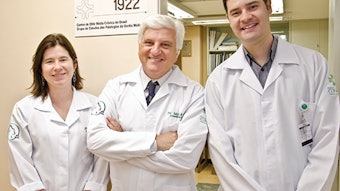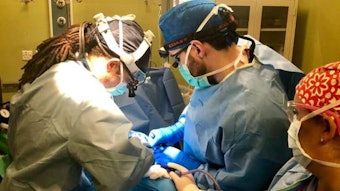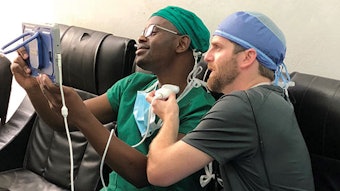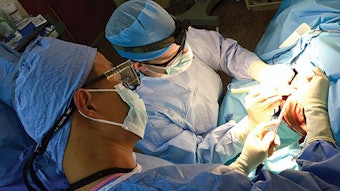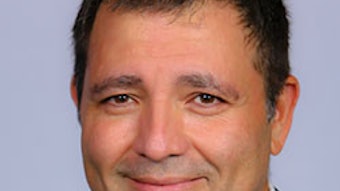How to prevent hoarseness (dysphonia)
Being Kind to your Voice is something that is easily practiced but often bypassed in the activity of every day. One of the more common results of this neglect is hoarseness, dysphonia. Use these tips to remind your patients to practice voice kindness this month to begin a new habit that may ensure a lifetime of connection. Find more for patients at https://www.enthealth.org/.
For Patients
Being Kind to your Voice is something that is easily practiced but often bypassed in the activity of every day. One of the more common results of this neglect is hoarseness, dysphonia. Use these tips to remind your patients to practice voice kindness this month to begin a new habit that may ensure a lifetime of connection. Find more for patients at https://www.enthealth.org/.

What is Dysphonia?
Altered vocal quality, pitch, loudness, or vocal effort that impairs communication as assessed by a clinician and/or affects quality of life.
Who is at Greatest Risk for Developing Dysphonia (Hoarseness)?
Individuals who professionally use their voices, such as singers, teachers, and call center operators, certain age groups including children, older persons, and smokers.
What Preventive Measures Can Help Reduce Voice Disorders?
DO: Adequately hydrate by drinking plenty of water daily.
DO: Use of amplification (microphone or megaphone) in large noisy spaces can help reduce shouting and voice strain.
DO: Rest your voice briefly to prevent voice fatigue, straining, and overuse.
DO: Provide indoor air humidification in dry, arid environments.
AVOID: Smoking and secondhand smoke from cigarettes, cigars, and pipes that can irritate your airway, throat, nose, and mouth.
AVOID: Overusing or straining your voice by yelling, shouting, speaking over loud noises, and whispering.
AVOID: Excessive throat clearing and coughing.
AVOID: Alcohol (beer, wine, liquor) and caffeine beverages (coffee, soft drinks) as they can dry the throat, resulting in mucous thickening.
AVOID: Use of drying medications (some antihistamines, diuretics).
Source: Adapted from Stachler RJ, Francis DO, Schwartz SR et al. Clinical Practice Guideline: Hoarseness (Dysphonia) (Update). Otolaryngol Head Neck Surg. 2018; 158(1 Suppl):S1-S42.
